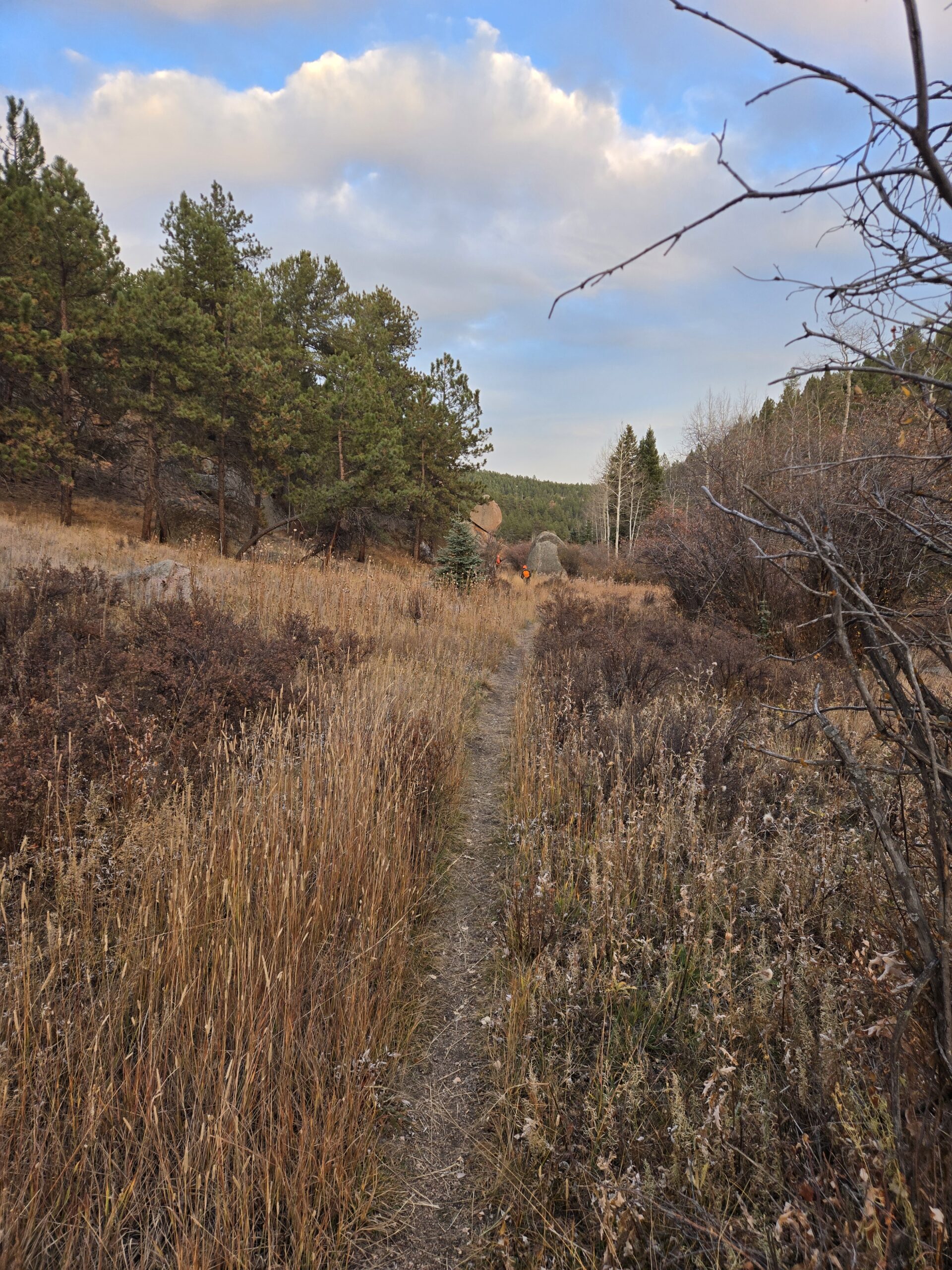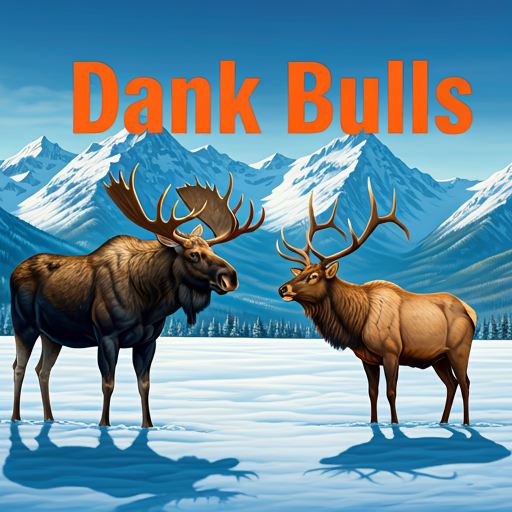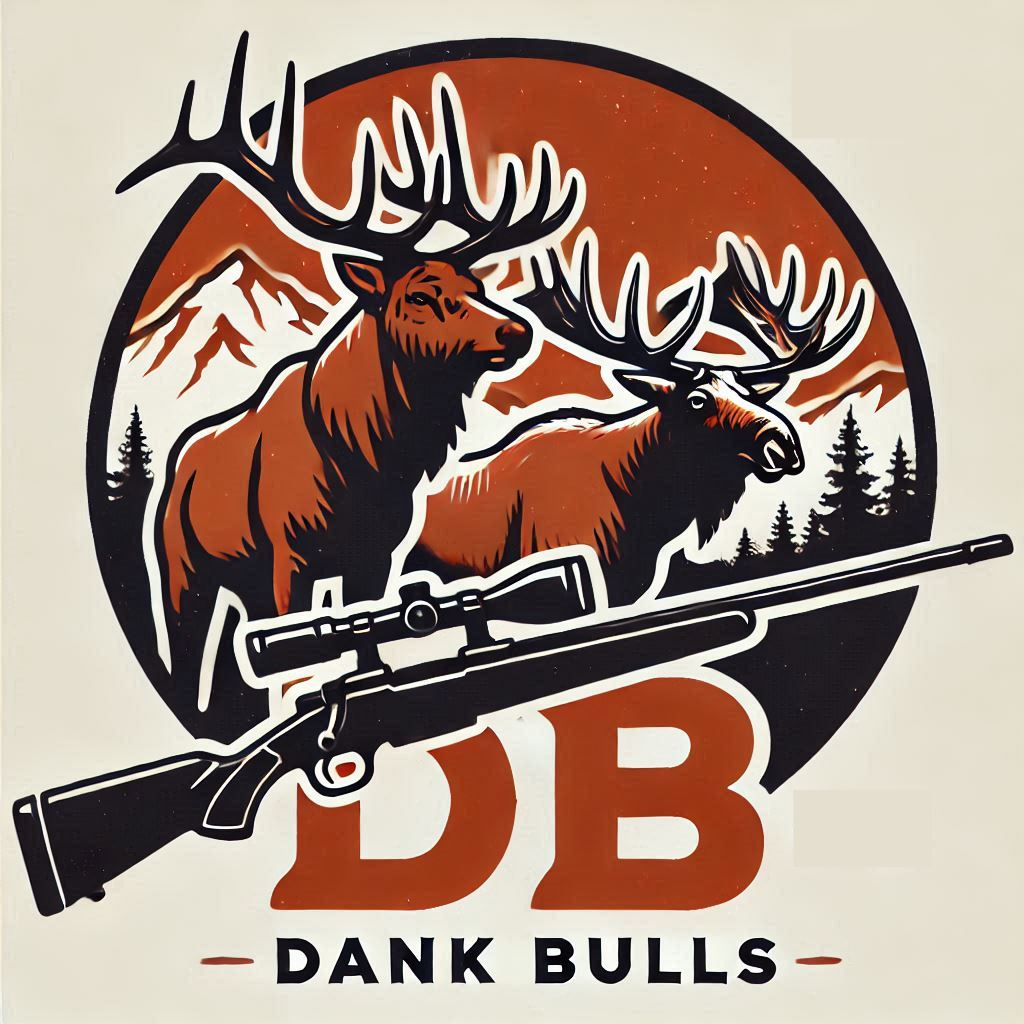Fueling the Hunt: How to Eat Enough Calories While Chasing Bulls in the Colorado Mountains
When you’re out chasing bulls in the high Colorado mountains, keeping your body fueled is just as important as honing your hunting skills. With high altitudes, long hikes, and cold nights, your caloric needs can skyrocket. Without proper planning, lack of fuel can catch up with you, affecting both your performance and safety. Let’s break down how to keep your tank full during an extended hunt in the mountains.

High Altitude = Higher Calorie Burn
The thin air at high altitudes forces your body to work harder, even when you’re at rest. According to studies, your body can burn 10% to 20% more calories at elevations above 8,000 feet. This is due to increased metabolic rates as your body adjusts to the decreased oxygen availability. While hiking, scouting, or hauling gear, the caloric burn only intensifies. Failing to meet these demands can result in fatigue, decreased focus, and poor decision-making.
Hauling Gear into Hunt Areas: The Caloric Price Tag
Hiking twice a day into your hunting area with all your gear adds a serious caloric toll. Every step you take, especially on steep inclines, drains energy. On average, you can burn 400 to 600 calories per hour hiking with a light load, but with a hunting pack and gear, this number can soar to over 700 calories per hour. Covering rough terrain while trying to remain stealthy adds to the physical and mental load. Multiply that by the hours you spend hiking each day, and it becomes clear why hunters in the backcountry must prioritize calorie intake.
Choosing Bear-Safe, High-Calorie Foods
One of the challenges of packing enough food for a hunt is minimizing scents that attract unwanted visitors, like bears. High-calorie, low-smell options are your best bet. Opt for foods like:
- Dehydrated meals that are vacuum-sealed (just be cautious with rehydration smells)
- Protein bars and energy gels that are individually wrapped
- Nuts, seeds, and jerky that are high in fat and protein, but low in smell
- Powdered drink mixes that can give you a quick calorie boost when added to water
Make sure to store all food in bear-proof containers and stash them away from your sleeping area. Keeping a low scent profile is critical, especially in areas with active bear populations.

Leave No Trace: Packing In and Packing Out
In the wilderness, leaving no trace is not just a courtesy to future hunters and hikers, it’s essential for preserving the pristine environments we enjoy. Every piece of food packaging, leftover crumbs, and waste needs to be packed out with you. This can be as simple as bringing a couple of lightweight resealable bags to store trash. Remember, animals are drawn to food remnants, so managing your waste effectively is part of staying safe.
Why Every Calorie Counts: The Cumulative Effect
In the mountains, the effects of calorie deprivation are cumulative. Miss a meal or two, and you might not feel it right away. But after several days of under-fueling, your body’s energy reserves will deplete, slowing recovery and reducing strength and stamina. This leads to fatigue, making it harder to hike, scout, and even think clearly. Over time, you’ll notice you get colder faster, your muscles will cramp more easily, and you may become more susceptible to injuries.
The key is to get enough calories each day to stay on top of the deficit. Plan on bringing foods that are calorie-dense but lightweight, aiming for 3,000 to 5,000 calories per day depending on the intensity of your hunt and your body size.
Conclusion: Fuel Up for the Mountains
Hunting in the Colorado mountains is an adventure like no other, but it’s not one to take lightly when it comes to food. Your body will be working overtime to adjust to the altitude, terrain, and physical demands, so fueling it properly is critical. Plan carefully, pack the right high-calorie, bear-safe foods, and make sure every day counts in terms of caloric intake. The energy you invest in proper nutrition can make the difference between a successful hunt and a costly failure.




